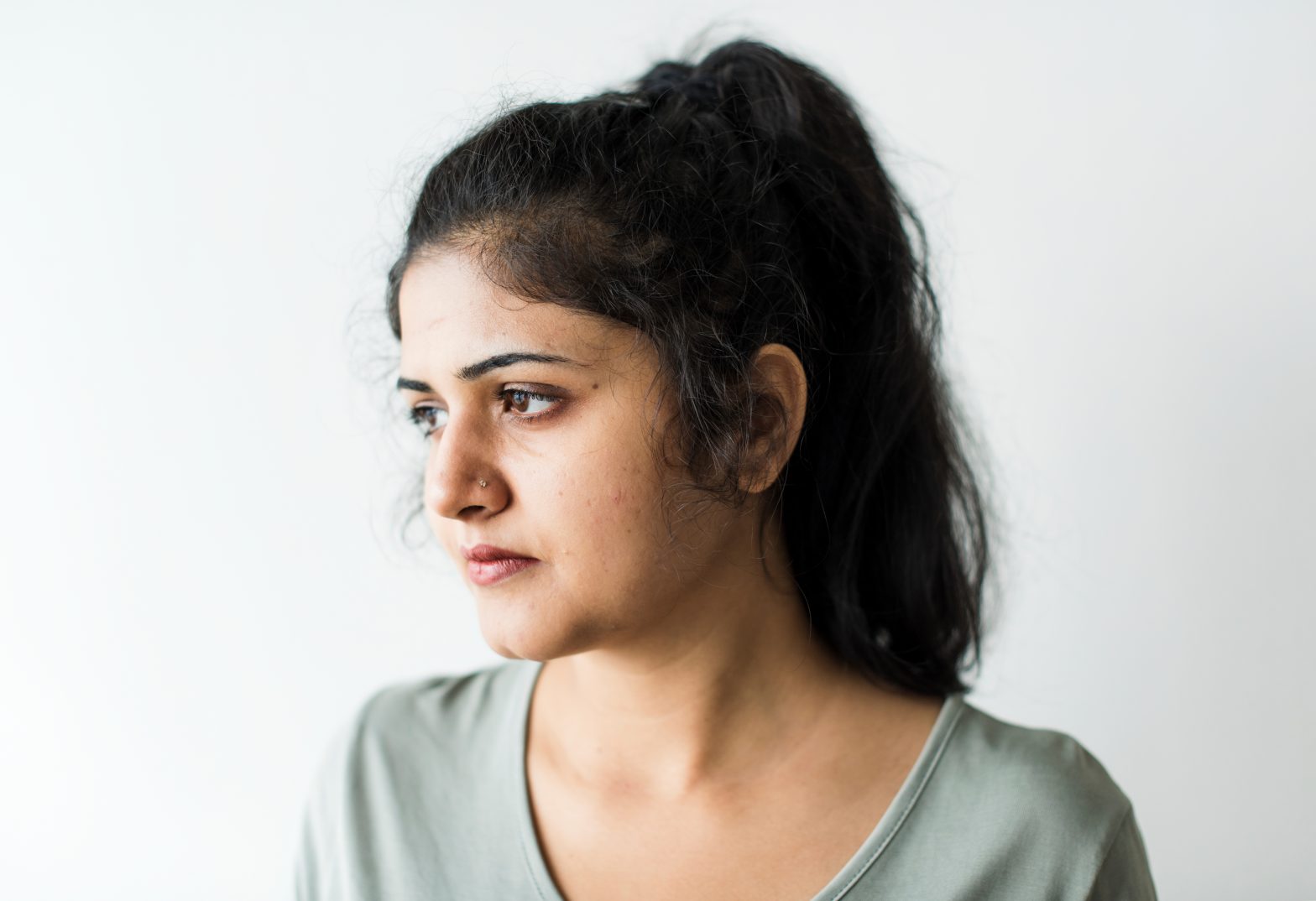Written by Katherine Sun (Paralegal)
Leave to remain (LTR) applications under the Destitute Domestic Violence Concession (DDVC) scheme can be treated differently but not discriminated against based on what kind of status applicants hold. Recently, an Indian citizen’s LTR application was refused on the grounds that she was not eligible for the DDVC route by holding a T2 dependent visa.
Please note that the T2 visa and T2 dependant visa has now been replaced by the Skilled Worker visa and Skilled Worker dependant visa respectively.
Below we look at more details of the case and go through one of the core issues that might be a challenge in the DDVC cases. Keep finding to find out what the issues were.
R (on the application of SWP) v Secretary of State for the Home Department [2022] EWHC 2067 (Admin)
The Claimant was an Indian national whose husband came to the UK from India with a T2 migrant visa with the intention to apply for Indefinite Leave to Remain (ILR) as a T2 migrant worker. In 2017, the Claimant and her son joined her husband in London as T2 dependents.
Unfortunately, the relationship did not go well. The Claimant and her son moved out of their accommodation due to domestic violence. She therefore applied for a 3-month extension of her LTR under the DDVC.
The Defendant refused her application claiming that she was not eligible for the DDVC. The decision then was brought to the Judicial review.
Judicial review proceedings
The Claimant argued the following points in relation to lawfulness of the decision:
- excluding her from the protection of the DDVC was discriminatory and accordingly, contrary to her right under art 14 of the ECHR.
- her husband, as a T2 worker, has an expectation to apply for ILR comparable to that of a refugee or an EEA national, which both are within the DDVC protection.
Regarding the above points, the Defendant submitted the following arguments to support the decision:
- the only issue is whether the Claimant should have been approved to maintain in the country as a victim of domestic violence rather than any other circumstances.
- the comparison with refugees and EEA nationals is invalid.
- The bottom line is not whether the application should succeed but whether she is eligible for LTR as a victim of domestic violence.
The judgement
The Court reviewed the decision stating that the difference of treatment was justified, although the Claimant’s husband had a strong expectation of settlement. As a spouse of T2 migrant workers, it is lawful that the claimant was treated differently from others eligible for the DDVC, namely the partners or spouses of British Citizens, those with settled status, refugees and EEA nationals.
Our comments
The DDVC route is no doubt a significant lifesaving choice to those who have been experiencing domestic violence from their spouses or partners. Before you hand in your application seeking protection from it, please assess your eligibility first. The case shows that only those who are in the UK as partners or spouses under the family route can be eligible. Dependents of other visa holders will be considered opposite.
Have questions about this article? Get in touch today!
Call us on 020 7928 0276, our phone lines are open and we will be taking calls from 9:30am to 6:00pm.
Email us on info@lisaslaw.co.uk.
Use the Ask Lisa function on our website. Simply enter your details and leave a message, we will get right back to you: https://lisaslaw.co.uk/ask-question/
Or, download our free app! You can launch an enquiry, scan over documents, check progress on your case and much more!




